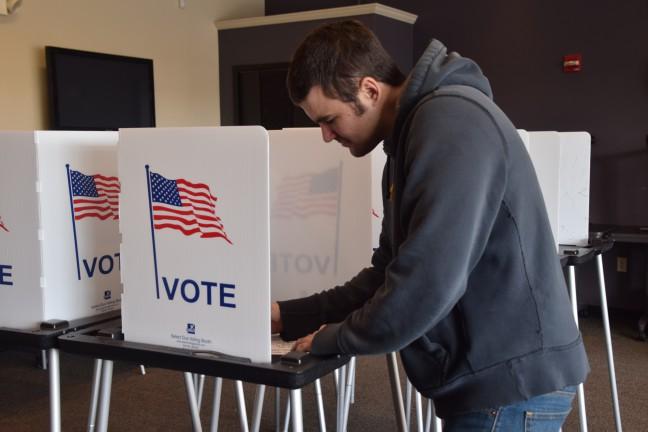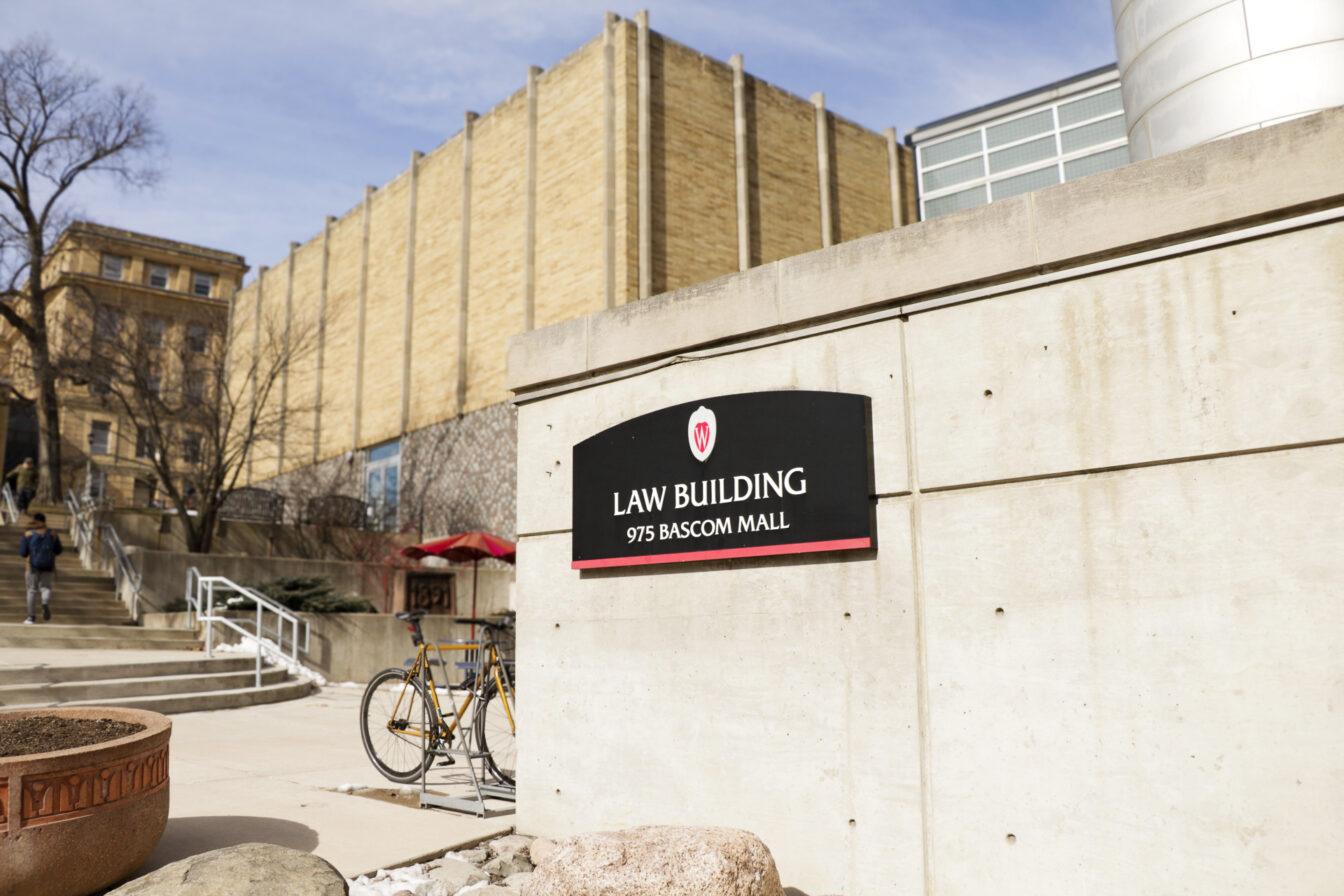Given the obvious uncertainty and fear for the near future concerning people’s lives, others’ livelihoods, and some whose entire lives could be forever changed from the impact of this global pandemic, what do we do about voting?
We, in our democracy, are schedule-driven and calendar-driven people who plan out our lives weeks, months, even years in advance. During what I like to call the “Pandemic Panic” of 2020, there has never been more of a disruption which has upset years of continuity our society has built over a few decades.
We, as a nation, are so addicted to our calendar year we don’t know what to do without regularly-scheduled events which structure our every year. University commencements are canceled because universities’ cannot delay their yearly schedule, despite the lifetime significance to its graduates. Professional and collegiate sports are suspended until further notice but most certainly will not make up for lost games despite careers’ dependence on a single season. Easter Sunday mass — the most important holiday in Christianity — is canceled to stick to their liturgical calendar.
We have placed so much significance in a calendar day of the year that people are missing out on what is most important to them — looking at the big picture. It is selfish to want this sort of normalcy when people are dying and others are being left with nothing, but everyone feels the gravity of that. Why aren’t our institutions doing more to re-plan and restructure to give people a sense of hope and excitement for the future?
Also, let’s give a special thank you to the IRS for not canceling tax day altogether!
And then, there are elections.
Quite possibly the only thing which cannot be delayed or canceled without major complications and consequences, elections are very much up in the air at this moment. As of March 28, fourteen primaries have been rescheduled due to concerns of human contact and no feasible, immediate solutions.
Civic duty requires supporting local businesses hardest hit by pandemic
In the state of Wisconsin, there is no plan to push back the April 7 primary despite local officials’ plea for rescheduling. As an alternative, Gov. Tony Evers has made a special request to Wisconsin lawmakers to allow mail-in ballots to be sent to every registered Wisconsin voter, in hopes to maintain turnout without risking the spread of disease.
Wisconsin has already pushed back its online registration deadline from March 18 to March 30. Earlier this month, the Governor’s executive order on the public state of emergency made absentee voting easier for those in nursing homes and allowed municipalities to move polling places outside the nursing home to protect our more vulnerable population.
As a result of this year’s craziness, absentee requests have skyrocketed, exceeding 550,000 as of March 24 and more than double the number of requests in the 2016 presidential primary.
While measures are being taken to ensure more safety in the present moment, the uncertainty of the rest of this election season is very much up in the air. Campaigns are being forced to cancel events and turn to online advocacy, decreasing effectiveness but also missing out on opportunities for recruitment, registration and advocating for policy goals.
The Democratic National Committee Convention is still scheduled to take place in Milwaukee this coming July. The reality of this hope is questionable as the 2016 convention had an estimated 50,000 visitors throughout the week, a seemingly impossible task when gatherings of more than 10 people are being discouraged today.
But, even further, what about the November election?
Around 138 million people cast ballots in 2016 and voter turnout for the 2018 midterm elections was higher than it’s been in the last 40 years of midterm elections. Historically, voter turnout increases at an average of 17.7 percentage points from midterm to presidential election, putting the 2020 election on track to reach almost 70% voter turnout ― the highest in the last century.
Justice Kelly, GOP need to ditch bullheaded attitude toward gun safety
That projection is huge for the progression of democracy and the engagement of citizens ― until the virus took over.
People are clearly being motivated and empowered to voice their opinions by casting a vote, and this should not be suppressed because of the risk of infection. People should not have to choose between voting and risking their lives. The immunosuppressed, the elderly and people with pre-existing conditions are going to be forced to not vote to maintain their health and security.
Sen. Amy Klobuchar, D-Minn., and Ron Wyden, D-Ore., have introduced the Natural Disaster and Emergency Ballot Act of 2020 to ensure everyone can vote and can vote safely. The bill calls for mail-in voting for the entire country, modeled from what some states currently have. Notably, the state of Washington is doing mail-in voting for their entire electorate, and as it was one of the states impacted most severely from the virus, this measure will probably save hundreds of lives.
Following new Major General appointee, urgent sexual assault measures must be taken
The reason this act must be implemented right now is the time and resources needed to conduct a nation-wide mail-in presidential election will take this long to execute. Millions of ballots to be made, getting them to the people and counting will take more time than we might initially think, and acting now is imperative to save this election.
A presidential election cannot be postponed. Come January 21, President Trump is out of office if not reelected, and the transition period is essential for any new president to begin the job without being behind. In this instance, what is scheduled in November must occur, but we need to adapt to the given circumstance or risk further disaster.
The uncertainty of the presence of this deadly virus, paired with what will be a historical election, it could all fall apart before our eyes if we don’t act soon and with force. Things cannot simply go on as planned or we will risk thousands ― maybe even millions ― of lives.
Kaitlin Kons ([email protected]) is a sophomore studying political science and public policy.




















